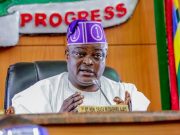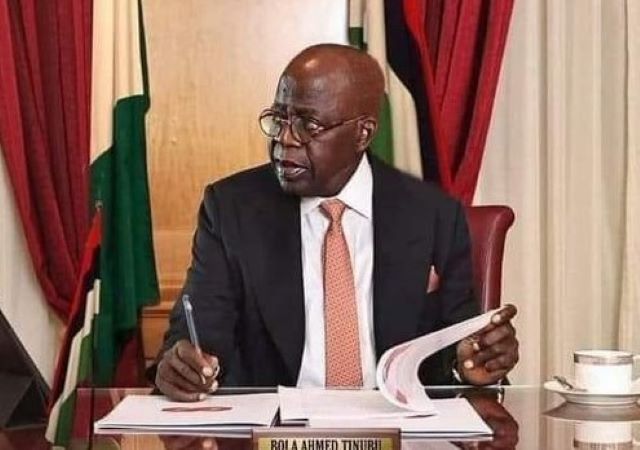The signing of the Electricity Bill 2023 into law by President Bola Tinubu has the potentials of opening a new vista of opportunities in the nation’s electricity market, experts have said.
The Electricity Act which consolidates all legislations on the electricity sector is expected to guide the post-privatization phase of the Nigerian Electricity Supply Industry and encourage private sector investments in the sector.
It is replacing the Electricity and Power Sector Reform Act 2005.
Speaking recently, Prof Adeola Akinnisiju, an energy expert hailed the coming of the Act and said it would liberalise the electricity sector.
“I think it is going to be a major opportunity to liberalise the sector by bringing many players legally into the electricity market,” he said.
“The law is going to allow not just the federal government alone to generate and distribute power but all other actors to generate as well as distribute power for their own electricity,” according to him.
Akinnisiju, a onetime President Association of International Energy Economists (AIEE), added: “The liberalisation is going to encourage small scale players and even communities to come together to generate their own electricity without the usual encumbrance associated with that kind of venture as it was the case in the past. That move will significantly increase supply of electricity across Nigeria. It is going to increase the economy including productivity across the country.”
He urged its immediate implementation.
His words:”I think the implementation should be immediate. With the removal of fuel subsidy some people are already thinking of bringing in electricity powered motor cars and motorcycles, as this will increase demand for electricity.
“So implementation of this policy which has since become law since it has been signed by the president will be the right thing to do now.”
Also commenting on the new law, Dr Muda Yusuf, the Chief Executive Officer, Centre for the Promotion of Private Enterprise [CPPE] described it as a game changer of some sorts.
He said: “The country has been battling a major deficit in electricity supply for ages, as such, this new bill assented to by President Bola Tinubu is a very good development. It will lead to more jobs, boost productivity and improve socioeconomic growth across all spheres of the economy.”
Yusuf, the immediate past Director General of the Lagos Chamber of Commerce and Industry (LCCI) also said, President Tinubu deserves thumbs up for thinking through this policy and assenting to it early enough because it is long overdue.
The 9th National Assembly passed the bill in July 2022.
The development comes against the backdrop of Nigeria’s challenging power sector.
The law ensures the de-monopolisation of Nigeria’s electricity generation, transmission, and distribution at the national level and empowers states, companies and individuals to generate, transmit and distribute electricity.
Under the Act, states can issue licenses to private investors who can operate mini-grids and power plants within the state. However, the Act precludes interstate and transnational electricity distribution.
It empowers the Nigerian Electricity Regulatory Commission (NERC) to regulate the electricity sector within Nigeria without prejudice to the states’ powers to make laws and create electricity markets within those states and to regulate those markets.
Electricity generation licensees are obligated to meet renewable generation obligations as may be prescribed by NERC. Under the Act, electricity generating companies will be mandated to either generate power from renewable energy sources, purchase power generated from renewable energy or procure any instrument representing renewable energy generation.
The Act also states that anyone may construct, own or operate an undertaking for generating electricity not exceeding 1 megawatt (MW) in aggregate at a site or an undertaking for distribution of electricity with a capacity not exceeding 100 kilowatts (KW) in aggregate at a site, or such other capacity as NERC may determine from time to time, without a license.
Credit: thenationonlineng.net









































































